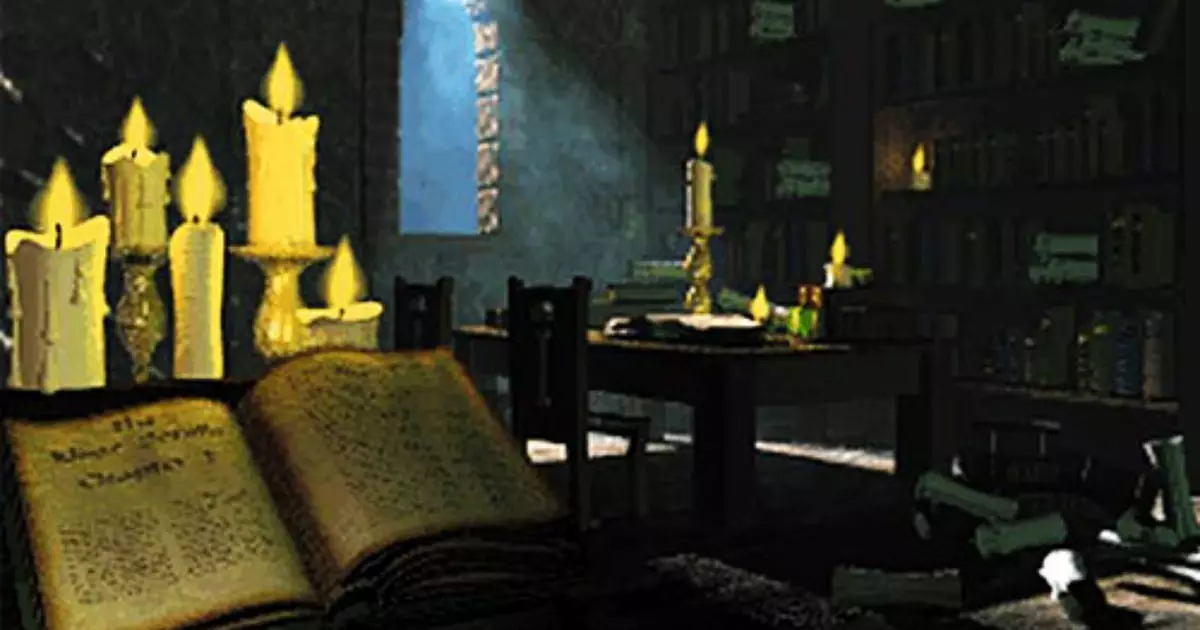Julian LeFay’s death marks the loss of a true icon in the realm of role-playing games, a visionary whose influence shaped not only the games he directly worked on but also the entire landscape of Western RPGs. His career, which began in the late 1980s, exemplifies relentless innovation and an unyielding commitment to pushing the genre beyond traditional limits. Unlike many who fade into obscurity after initial successes, LeFay maintained a palpable influence on the gaming industry, inspiring developers through his pioneering work on seminal titles like The Elder Scrolls series.
LeFay’s role extended well beyond coding; he was an architect of immersive worlds and complex gameplay mechanics that set new standards. His leadership in projects like Daggerfall revolutionized procedural generation and open-world design, offering players an unprecedented sense of freedom and discovery. His ability to translate ambitious visions into playable realities demonstrated a unique mastery of both technical skill and creative foresight. Every line of code he wrote contributed to creating experiences that continue to resonate with gamers and developers alike, even decades after his initial contributions.
A Legacy Steeped in Courage and Dedication
LeFay’s career was characterized not only by technical excellence but also by remarkable personal resilience. Facing a long, arduous battle with cancer, he refused to let illness diminish his passion for gaming and his dedication to his craft. His perseverance served as an inspiration to his colleagues, mentor figures, and fans. Despite his physical suffering, LeFay continued to share his vivid vision for games, contributing ideas, mentoring younger developers, and ensuring that his projects reflected the highest standards of quality.
This unwavering commitment reflects a broader truth about creative geniuses: their influence often extends beyond the tangible results of their work. LeFay’s ability to inspire through adversity exemplifies the deep passion that fueled his contributions. His leadership in the development of The Wayward Realms, even amidst health struggles, highlights a rare combination of artistic integrity and personal resilience—a trait that many commend and aspire to emulate.
Reflections on a Transformative Industry Figure
LeFay’s departure from Bethesda and subsequent projects—some with Sega, and later his re-emergence through interviews—revealed a figure deeply committed to meaningful storytelling and game design. His collaboration with Ted Peterson and the subsequent founding of OnceLost Games signified a renaissance of sorts for the veteran developer, driven by a desire to craft RPGs that honor the classics while offering fresh narratives and mechanics.
In many ways, LeFay’s influence extends into the very mythology of Tamriel, with speculation suggesting his impact reached even into the divine lore of the Elder Scrolls universe. His reputation as a thought leader and an innovator underscores a critical point: meaningful progress in gaming often hinges on the fearless pursuit of uncharted creative territory. His legacy demonstrates that true influence results not just from the games we create but from the visionary spirit that pushes boundaries and redefines expectations.
LeFay’s life and work reflect a profound truth about the role of innovation in entertainment: it demands courage, resilience, and an unwavering belief in the power of storytelling through technology. His contributions have left an indelible mark, inspiring a new generation to aim for greatness and reminding us that even amid personal hardship, greatness can flourish when driven by passion and purpose.

